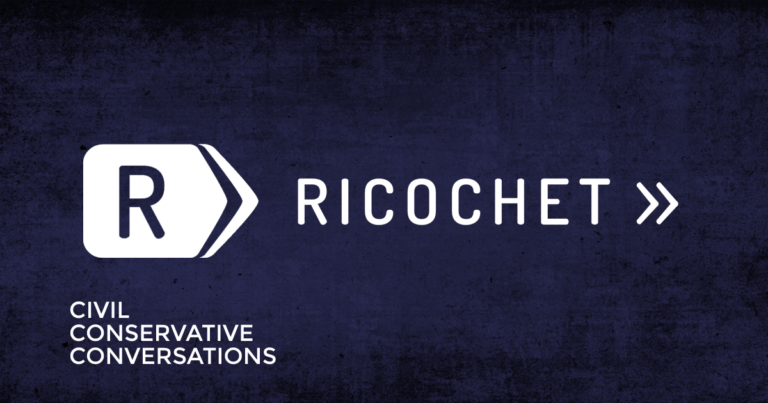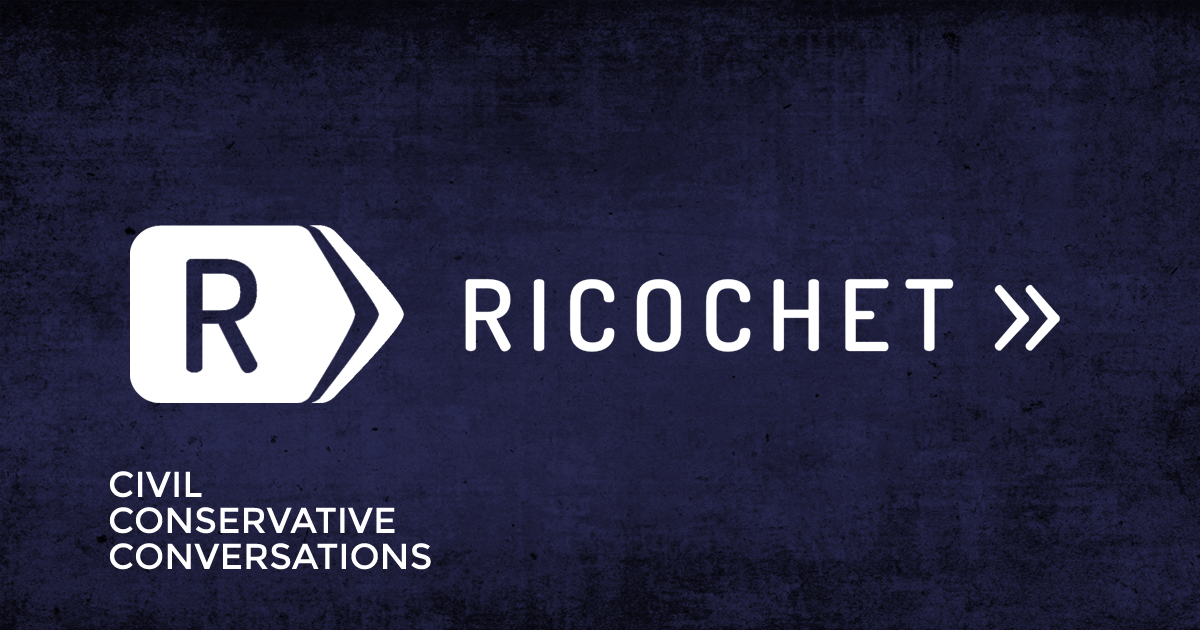

June is widely recognized as “Pride Month,” and I’m sure we’ll see lots of reminders of that over the next few weeks. Most people aren’t aware that the Pride movement was inspired by, and is in part to commemorate, a specific series of events, the Stonewall Riots in New York City in 1969.
Like members of many other minority groups in American history, homosexual men and women faced discrimination, both legal and cultural, that was overcome only slowly and often at great personal cost. But it was overcome: today people who experience same-sex attraction have the same rights as heterosexuals and enjoy widespread public acceptance.
While the acronym “LGBT” (often with additional letters appended) is now ubiquitous, some in the gay community recognize, correctly I think, a problem with the inclusion of gender identity (trans, etc.) in what has traditionally been a gay rights movement. While the LGB movement sought equality and acceptance, the trans movement attempts to demand more than that and does so in ways that many people reasonably find objectionable.
Many of us don’t want to be told what to say, what pronouns to use, that our daughters must compete against biological males in sporting events, and share locker rooms with them in school. We also reject the seemingly nonsensical notion that we should pretend a boy is a girl simply because the boy declares that he is a girl. We resent the myriad circumlocutions increasingly required to avoid recognizing simple sexual reality: such nonsense as calling mothers “birthing people,” for example.
Beyond that, the trans movement is fundamentally hostile to the notion of basic human sexuality, and in particular of womanhood. It represents the final denial that men and women are different in important ways, in favor of a fictitious equivalence that, predictably, tends to serve men well at the expense of women.
I think there is a growing awareness among some in the gay community that there will be pushback against the increasingly extreme and unacceptable demands of the trans movement, and that, to the extent the gay movement is seen as inextricably bound to the trans movement, that pushback may undermine and threaten legitimate gains made by gay rights activists. It’s perfectly reasonable to encourage tolerance and understanding of people who are different; it isn’t reasonable to demand professions of belief and unacceptable accommodations (e.g., in athletics) based on a fanciful reimagining of human sexuality.
I think it would be prudent to begin to question whether being strongly allied with the so-called “trans” movement is in anyone’s best interests.
Published in Culture